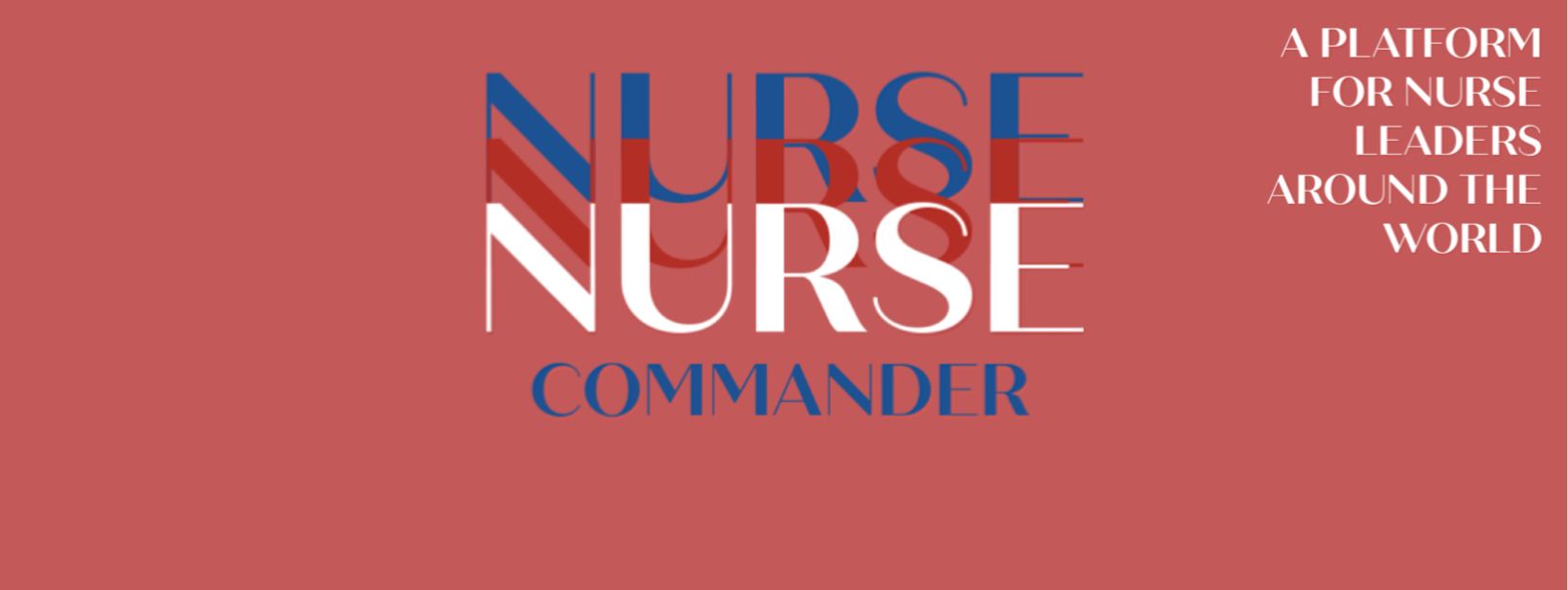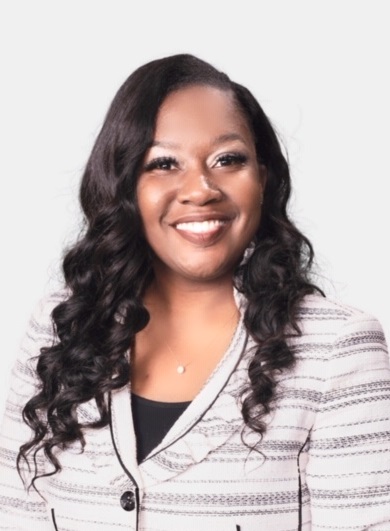TyQuitta Perrier, PMHNP-BC, FNP, is a Psychiatric Mental Health Nurse Practitioner currently living in Hawaii. Perrier is an independent provider who has been using telemedicine for the past 2 years to manage psychiatric conditions of patients across the United States. Perrier is a Jonas Scholar and is currently pursuing her Doctor of Nursing Practice at Yale School of Nursing. Perrier’s DNP project is to use telemedicine interventions with rural veterans.
Perrier specializes in the psychopharmacologic management of Dual Diagnosis Disorders which requires treating underlying psychiatric conditions in addition to substance abuse disorders. She also provides complex care management for patients with chronic schizophrenia and works with children and adolescents dealing with mental health issues. Perrier reports that since COVID-19 and the passage of CMS legislation on March 17, 2020, which approved telemedicine and telephonic sessions for medical and psychiatric conditions, she has been able to help more people using this platform. “Psychiatry is well suited for telemedicine. And during COVID19 most people are at home. As a result, we have less missed appointments than we normally experience”, says Perrier.
Perrier reports that she is seeing more anxiety and depression in her patient populations as a result of COVID-19 and patients that are normally well-controlled are experiencing more symptoms. This may be media-driven or attributable to prolonged social isolation. In addition to reinforcing positive coping strategies and non-pharmacological interventions such as daily fresh air brakes, exercise, and nutrition, Perrier works with case managers and social workers to make sure patients receive therapy as needed.
Perrier shares that the hardest thing for her is watching her colleagues struggling on the frontlines. “Nurses, though equipped to deal with death and dying, are not prepared for the sheer amount of death they are seeing in such a short amount of time, with no time to process. This is like war. I am worried about the short term and the long-term effects and expect that we will see Post Traumatic Stress Disorder (PTSD) and burn out when this is over.” Perrier has stepped forward and is volunteering her expertise with Give an Hour, an organization that helps to treat frontline providers.
Perrier is a military spouse and suggests that frontline providers should have a mental health assessment post COVID-19 like the screening that the military receives post-deployment. Perrier said frontline providers should be screened for signs and symptoms of anxiety depression as well as sleep and eating changes. Perrier also believes that hospitals will need to put an infrastructure in place to allow frontline providers to debrief after the crisis.

